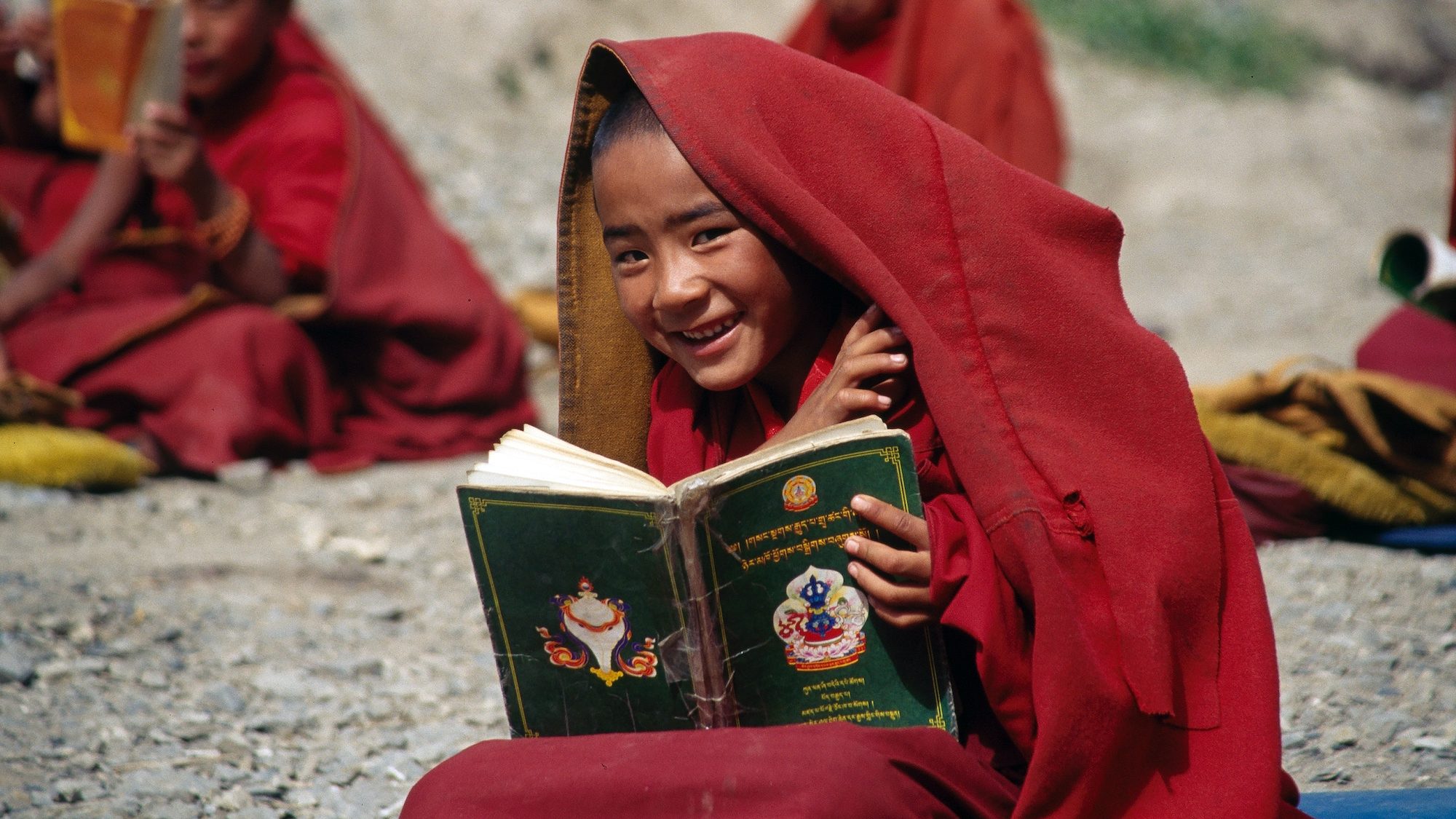
International Literacy Day Turns 50 Years Old!

The 50th anniversary of International Literacy Day is Friday, 8 September, 2017. Over the past 50 years, literacy rates have been on the rise, with current literacy rates at approximately 86.5 percent of adults globally. As of 2015, almost 90 percent of illiterate adults live in South East Asia or Sub-Saharan Africa.
To celebrate the increase in global literacy, AMUN staff has come up with ten books to read on international issues.
In An Ordinary Man, Paul Rusesabagina recounts his extraordinary experience during the 1994 Rwandan genocide. As the manager for Hotel Milles Collines, Rusesabagina used his hotel space to save more than 1,200 people during the height of the genocide. His story has also been told in the film Hotel Rwanda.
The Underground Girls of Kabul explores Jenny Nordberg’s time as a journalist in Kabul, Afghanistan. While there, she uncovers and explores the tradition of bacha posh, where families raise their daughters as sons, and the consequences of growing up bacha posh and suddenly becoming a woman in Afghanistan.
Eichmann in Jerusalem is Hannah Arendt’s most well-known work. It chronicles the life and trial of Adolf Eichmann, the man who organized the Holocaust. Arendt explores the horror of what Eichmann did and contrasts it with his lack of self-awareness and his burning desire to be a member of the Nazi organization at large.
Romeo Dallaire was the force commander for the UN peacekeeping mission in Rwanda in the weeks leading up to the Rwandan genocide. His memoir, Shake Hands with the Devil, tells about the peacekeepers’ attempts to alert the international community, the horrors Dallaire saw in Rwanda, and how the international community turned a blind eye to what would become one of the most horrific events of the 20th century.
When Malala Yousafazi was 15 years old, she was shot point-blank in the face by the Taliban after she stood up for the rights of young girls in Pakistan. Her miraculous recovery and subsequent refusal to be silenced by terrorism has made her a hero in the fight for human rights worldwide. I am Malala follows her journey of recovery and her decision to keep fighting.
Born to English expatriates living in Rhodesia (the territory now part of Zimbabwe), Alexandra Fuller and her sister knew little of life outside Africa. Her experiences as a white child witnessing the economic and social struggles resulting from English imperialism combine with adult awareness and commitment to activism to shed light on the relationship between English civilians living in Rhodesia and the locals who suffered under colonialism.
Madeleine Albright was born in Czechoslovakia. At the age of 12, her country was invaded and occupied by Nazis. Her book, Prague Winter, compiles her memories with written experiences of her parents and historical documentation to create a picture of life under the Nazi regime. Albright became the first female U.S. Secretary of State in 1997.
Marjane Satrapi grew up in a progressive family in Tehran, Iran, before the 1979 Iranian Revolution. As a young teenager, the cultural and political shifts led to severe restrictions and a watchful eye on her family. The Complete Persepolis combines two volumes of her graphic memoir and provides an intimate look at the impact of the Iranian Revolution on the Iranian people.
Shin Dong-hyuk was born in a North Korean concentration camp with little to no chance of release. His biography, told by Economist writer Blaine Harden, explores the cruelty and untenable conditions in North Korea, the ways families are taught to turn on one another, and the prospect of freedom and its aftermath. Escape from Camp 14 shows both the known cruelties and the harrowing mental manipulation that occurs in North Korea.
Art Spiegelman spent his career as a cartoonist, working for The New Yorker and at the School of Visual Arts in New York. He uses his skills in art to show the story of his father, Zeev, who was a young Polish Jew during the Nazi occupation. Zeev’s siblings were sent to live with an aunt to protect them from the Nazis, but after disappearing, Spiegelman’s father continued to search for his siblings. Maus tells the story of Zeev and his search and the realities of what happened to his family under Nazi rule.
*These are third party affiliate links. By clicking on these links, a portion of your purchase comes back to benefit AMUN and fund future AMUN Accords efforts.*
Keep Up With The Accords
More to read
The AMUN Accords is a premier resource for fact-based Model United Nations simulations. We are always looking for new contributors. Want to write for the AMUN Accords? Check out out the submission guidelines and then get in touch!














